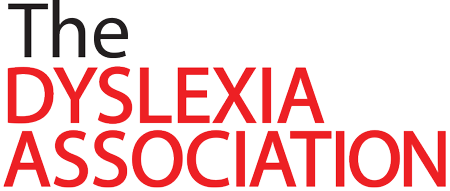what is dyslexia?
According to the Diagnostic Manual, the DSM-5, dyslexia is a subtype of a specific learning disorder:
1. Specific learning disorder with impairment in reading includes possible deficits in:
- Word reading accuracy
- Reading rate or fluency
- Reading comprehension
DSM-5 diagnostic code 315.00.
Note: Dyslexia is an alternative term used to refer to a pattern of learning difficulties characterized by problems with accurate or fluent word recognition, poor decoding, and poor spelling abilities.
Definition of Dyslexia:
There is no universally accepted definition of dyslexia. From many avenues of research, the definition of dyslexia adopted by an organisation/entity greatly depends on the philosophy and outlook for that organisation. The definitions can have a medical, psychological, pedagogical / remediation focus.
The Dyslexia Association, Australia defines dyslexia as:
… the capacity to process information differently, enabling innovative thought and perception. It is characterised by a visual and experiential learning style and cognitive diversity. Teaching methods that utilise this learning style allow people with dyslexia to realise their potential.
What is Reading?
Reading is an active and interactive process of constructing meaning. The process is both complex and dynamic and includes:
- the integration of the three language cueing systems (graphophonic, semantic and syntactic)
- knowledge of the linguistic system
- the application of skills and strategies
- understanding the situational context and constraints of the reading event.
Current research indicates:
30% of the population strongly uses visual (picture) thinking, 25% think verbally (words) and 45% uses both visual and verbal.
http://pegy.org.uk/Upside-Down%20Brilliance%20-A4%20pdf.pdf
Dyslexics tend to be visual thinkers, however a few will be visual/verbal which means their visual learning style is resistant to phonics based reading strategies.
The Dyslexia Association states: A dyslexic individual can be successful BECAUSE of their abilities not “in spite” of. A dyslexic may struggle to succeed BECAUSE of their negative experiences in the learning environment not because of dyslexia.
Dyslexic individuals have different talents or strengths – no one is the same.
Alternate Labels:
There are many other labels that are used in place of Dyslexia. Because the symptoms can overlap a particular symptom may be labelled (identified) instead of the actual cause – Dyslexia.
Some of these are:
Auditory Processing Disorder
- Central Auditory Processing Disorder
- Language Based Disorders
- Non-specific Learning disability
- Specific Learning Disability
- Poor Short Term Memory
- Poor Working Memory
- Reading Disability
- Visual Motor Deficient
- Visual/Perceptual Processing Disorder
- Irlen or Scotopic Syndrome
- Dysphonetia (Dysphonetic)
- Dyseidesia (Dyseidesic)

